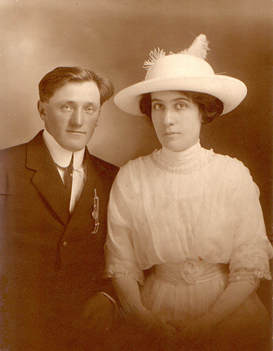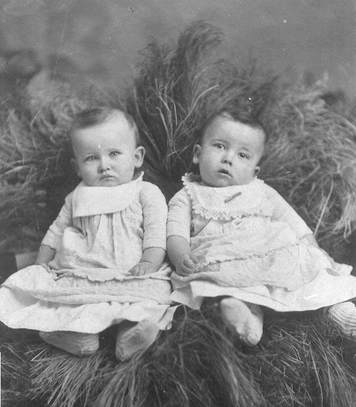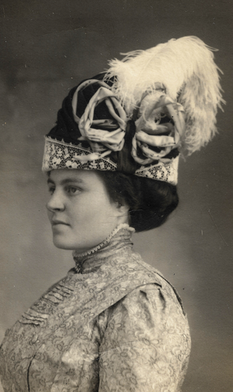 Photo by Prateek Katyal on Unsplash If you have ancestors that are from Germany and nearby countries, you might have access to the Familienbuchs that have been created for various regions and villages. While the village of my German ancestors in Bavaria do not seem to have such a book, Luxembourg has several such books. Many have been published within the last twenty years. Let’s look at what can be found. Most family books use the actual birth, marriage and death records of a given community to establish the family information. Others rely on information from other Familienbuchs that overlap certain regions. Regardless, they should still be considered secondary sources until you can search out the supporting records yourself. However, it is certainly much easier to look for 5-great grandma with a death date of 1780 than it is to scroll through years of death records in your ancestor’s village.
Most books have the following sections: Information about the authors and the process Brief histories of the villages. Historic photographs of the region Main section which is alphabetized by last name. Each family is given a number and their children are given a related number. Example: Family number is 5800 and their fifth child is 5800.5. In addition to the parents and the children of a family, you usually find birth dates, marriage date, spouses with birth and death dates and villages, plus parents if these are known. If additional family members are included in the book, you will find a number in < > which points you to the location of the connected family. In some cases, you can learn more about the spouse’s family or go further back into your family tree with parents and grandparents noted. In my Luxembourg example, these family groups have helped me go back to older generations that lived in the early 1700 and late 1600s. The census records available online are available from 1843. There is an older 1766 census, but it is too large a jump without substantiating records. If you have a common surname, you might have five potential ancestors with no way to prove the relationship. These books provide information about these family structures. I have discovered some discrepancies in what I have researched in France versus what the book included but overall, the information has been accurate. It is our job to go back to the original records to confirm the dates and relationships. I have found an interesting difference in the first letters of a couple of surnames. For years I was sure that the name was “Lauber” but accessing the village Familienbuch, I found that the name was “Sauber.” Hmmm…was this a transcription error from my work or theirs. Some research of the village noted that there is a river called Sauber nearby. I went back to look at a document that had a known capital L and compared that with the first letter of the name. It was different. I also confirmed with a Luxembourger who is an expert in local history. Sauber is a common name in the region. I recent review of another village has introduced confusion with another family name…is it a K or H. The old handwriting has these letters looking quite similar. And within different documents, the letters clearly read as H and others as K. It might take us a while to untangle that one. I share these tidbits because if you are struggling to find your family, think beyond how you think the name is spelled. If all the given names and dates are aligning, it could be your ancestor in plain sight. The big question is where to find these books. Many of these books are available at larger libraries that specialize in a region. You can find many of the Luxembourg Familienbuchs or Familienchron at the O’Shaughnessy-Frey Library at the University of St. Thomas. These books are not available for loan. Here are a couple of links with my searches to get you started. LibrarySearch | University Libraries – University of St. Thomas - Minnesota - - Familienbuch (stthomas.edu) LibrarySearch | University Libraries – University of St. Thomas - Minnesota - - Familienchronik Luxembourg (stthomas.edu) Another option for Luxembourg books is to join Luxracine.lu. They sell many of these books as digital copies, but you do need to be a member. They may also be able to help you locate a copy for purchase. If you are looking for your German ancestors, you can try searching here and here to see if there is a book of your ancestors’ village. In all cases when leaping over the pond, knowing the ancestral village is key. I hope this has given you some ideas for researching these books. Have fun exploring Familienchronik/Familienbuch!
0 Comments
Leave a Reply. |
AuthorWith a lifelong passion for genealogy and history, the author enjoys the opportunity to share genealogy tidbits, inspiring others to research and write their family story. Archives
July 2024
Categories |



 RSS Feed
RSS Feed